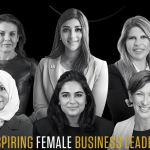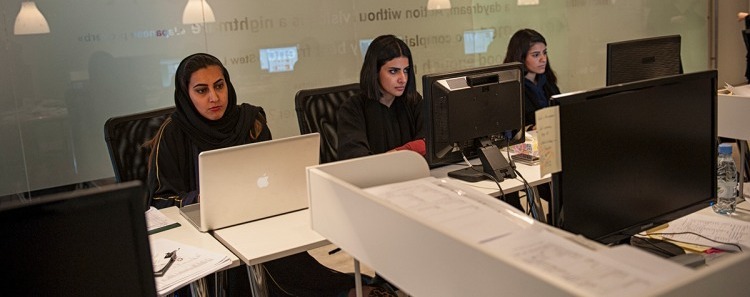The empowerment and liberation of women have emerged as a pivotal transformation in the modern age, with far-reaching implications for the Middle East’s economic, social, cultural, and political landscapes. This profound shift in gender dynamics not only amplifies the potential for economic growth but also fosters innovation, dismantles deeply rooted societal inequalities, and challenges oppressive political structures. As the world grapples with persisting gender bias and inequality, the Middle East stands at a crossroads, where the choices made regarding women’s empowerment will significantly shape its future.
A recent report published by the United Nations Development Programme (UNDP), the Global Social Norms Index (GSNI), paints a stark picture of prevailing gender biases worldwide. Despite global progress, nine out of ten individuals still hold unequal views of the capabilities of different genders. In the Middle East, significant strides have been made, yet the horizon of gender parity remains distant. The future of Middle Eastern nations hinges on the decisions made between resisting change and maintaining women’s subjugation or embracing empowerment and leadership by women.
Globally, the GSNI reveals the pervasive gender bias in public opinion regarding gender capacities and rights. The UNDP’s Gender Inequality Index (GII), a measure of gender inequality and women’s empowerment, shows minimal progress since 2019. Socio-economic setbacks caused by the COVID-19 pandemic and geopolitical challenges have hindered progress, putting the world off track to achieve its gender equality Social Development Goal (SDG) by 2030.
The World Economic Forum’s Global Gender Gap Report underscores the Middle East and North Africa’s (MENA) lag behind the global average. At current rates, the region requires another 115 years to achieve gender parity. Despite variations among countries and sectors, the marginalization of women remains a significant obstacle to holistic development and human rights.
The struggle between controlling and empowering women has unfolded in the Middle East since the late 19th and early 20th centuries. While the mid-20th century witnessed progress for women during liberal and nationalist waves, the resurgence of Islamist movements, shifts in political and economic power, and the rise of religious conservatism in the Gulf states pushed the needle backward in some countries.
However, there are rays of hope in the region’s gender equality journey. In education and health, the MENA region has closed over 96% of the gender gap, forming a robust foundation for further empowerment. Despite challenges, countries like Turkey, Morocco, Jordan, Lebanon, Saudi Arabia, and Kuwait have made progress in improving views on women’s parity. On the flip side, countries like Libya and Iraq have faced setbacks.
While the data reflects improvements, disturbing realities persist. Two out of every five partnered women in MENA experience domestic violence. Genital mutilation affects 92% of Egyptian women aged 15 to 49. Additionally, 14% of Arab girls marry before the age of 18. These stark facts underscore the urgency of empowering women and achieving gender equality.
The empowerment of women is not only a matter of human rights but also a catalyst for broader societal advancement. Integrating women into the workforce, from the labor force to leadership positions, drives innovation and economic growth. In politics and policy, women bring fresh perspectives and talents to stagnant systems. Their inclusion in diplomacy and conflict resolution is equally vital.
Notably, the struggle for gender parity also plays out on the region’s political stage. Saudi Arabia and the UAE have taken steps to empower women economically, but political freedoms remain limited. In Afghanistan, the resurgence of the Taliban threatens the hard-won rights of women. Iran clings to control over women’s rights and attire, fearing that any loss of control would destabilize the entire Islamic Republic.
The liberation and empowerment of women challenge deeply entrenched patriarchal structures that reinforce inequality and repression. This control extends beyond the family to society and the state, sustaining the broader authoritarian system. Empowering women has the potential to disrupt this cycle and foster a more equitable and free society.
The path to gender parity in the Middle East may be long, but the region can’t afford to wait another century to unleash the potential of half its population. Women across the Middle East are courageously leading the way, and it’s imperative for society to follow their lead. In their empowerment lies the promise of a brighter, more prosperous future for the Middle East and its people.
The struggle between controlling and empowering women remains a central dynamic of the modern age. Progress is undeniable, but the pace of change must accelerate to meet the aspirations of millions of women and to unlock the region’s full potential. It’s time for the Middle East to fully embrace the empowerment of women and usher in a new era of equality and prosperity.












